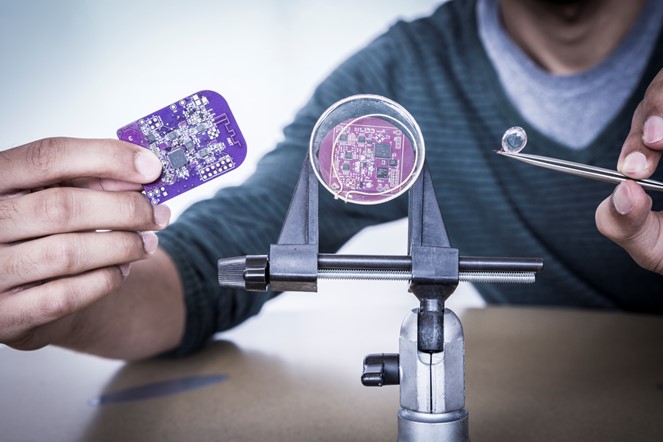
The Challenges Surrounding AI/ML are Taken Head on by the FDA
Should artificial intelligence or machine learning (AI/ML) be allowed to alter FDA approved software in medical devices? If so, where should the guardrails be set? The discussions and debates surrounding AI/ML are heated; some believe the technology may destroy humanity, while others look forward to the speed of advancement it will allow. The FDA is getting out ahead on this debate. This week the agency drafted a list of “guiding principles” intended to begin developing best practices for machine learning within medical devices.
Background
The FDA views its role as protecting patients while at the same time avoiding standing in the way of progress. In the case of ML, not preventing the modification of medical treatments or procedures that would improve outcomes. AI/ML has the potential to more quickly evaluate data sets, improve diagnosis, adjust how used, and overall alter processes based on what is learned.
On April 3, the FDA drafted AI-Enabled Medical Device Life Cycle Plan Guidance, with a comment period ending July 3, 2023. The U.S. regulator’s proposal attempts to find science-based requirements for medical devices powered by artificial intelligence and machine learning. The overall goal is to not slow the implementation of improved new devices that may quickly be modified, updated, and rapidly deliver an improved response to new data.
Greg Aurand, Senior Healthcare Services & Medical Devices Analyst at Noble Capital Markets, summed up the purpose for the FDA’s actions in this way: “The FDA needs to move cautiously, but they don’t wish to slow down healthcare improvements on an ongoing basis.” Aurand gave examples where machine learning has the potential to make better assessments, better decipher data sets such as antibiotic resistance, and improve results while perhaps taming medical expenses. He said, “new draft guidelines from the FDA should make it easier for approval of modifications to occur so previously unrecognized improvements may occur within the guidelines, and the process is less static.”
How is Artificial Intelligence Likely to Revise Medical Devices?
As is written into the FDA guidance, “Artificial intelligence (AI) and machine learning (ML) technologies have the potential to transform health care by deriving new and important insights from the vast amount of data generated during the delivery of health care every day. Medical device manufacturers are using these technologies to innovate their products to better assist health care providers and improve patient care.”
The FDA accepts that a great benefit of AI/ML in software is its ability to learn from real-world use and experience, then the ability to improve its own performance.
How is the FDA Expected to Regulate AI/ML Devices?
Traditionally, the FDA reviews medical devices and improvements through a premarket pathway for approval. The FDA may also review and clear modifications to medical devices, including software as a medical device, depending on the significance or risk posed to patients by that modification. The industry is going through a paradigm shift which the FDA is helping to enable.
The FDA’s current paradigm of medical device regulation was not designed for adaptive artificial intelligence. Under the FDA’s current approach to software modifications it anticipates that many of these artificial intelligence and machine learning-driven software changes to a device need a premarket review. The new regulation is expected to create broader parameters of pre-approval to allow adjustments with set allowable boundaries.
A new framework envisioned by the FDA includes a “predetermined change control plan” in premarket submissions. This plan would include the types of anticipated modifications, referred to as “Software as a Medical Device Pre-Specifications”. The associated methodology used to implement those changes in a measured and controlled approach that manages risk the FDA calls the “Algorithm Change Protocol.”
Take Away
Artificial intelligence will transform many industries, and while some want to hit the pause button on progress, the FDA is trying to define how much control can be left to machine learning. The Guidance released in April with a three-month comment period is expected to allow medical equipment and software designers to progress into the unknown, with all stakeholders having as their goal better outcomes for patients.
If you wish to send requested comments to the FDA, the agency requests it be received by July 3, 2023 to ensure the agency considers your comment on the draft guidance before it begins work on the final version of the guidance.
Managing Editor, Channelchek
Sources